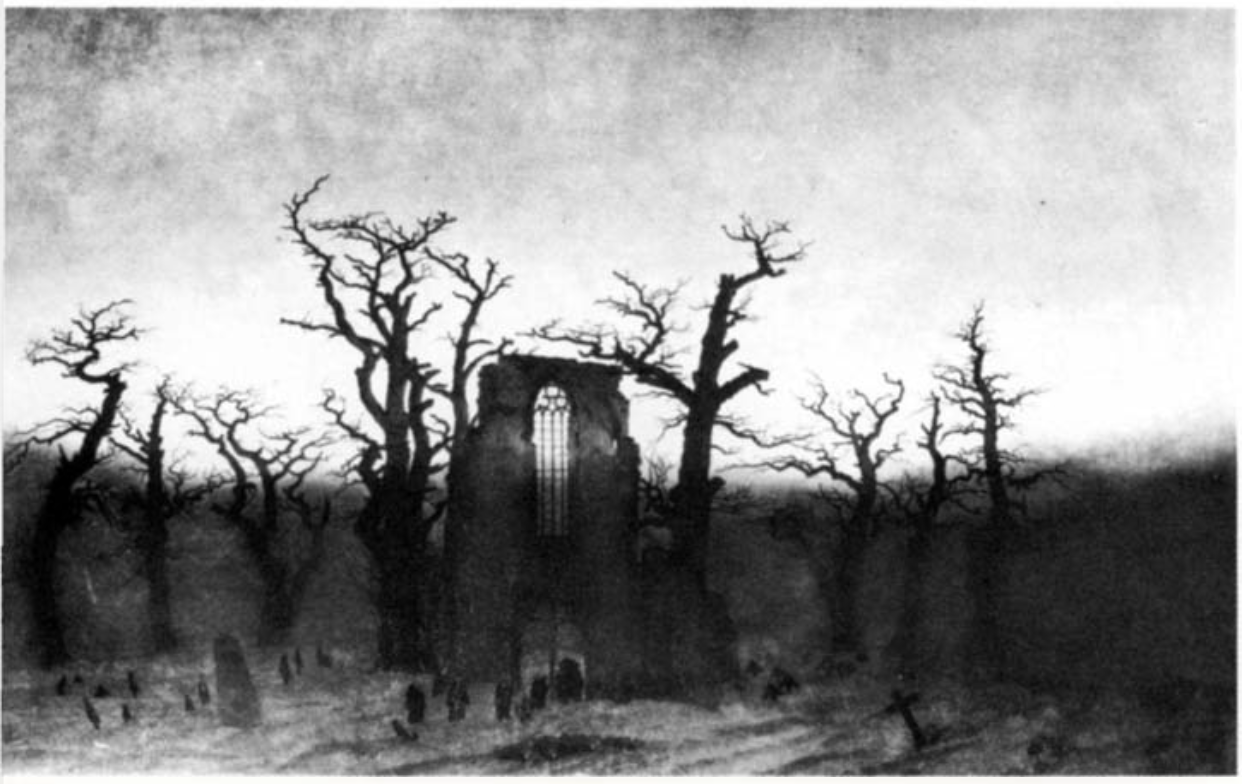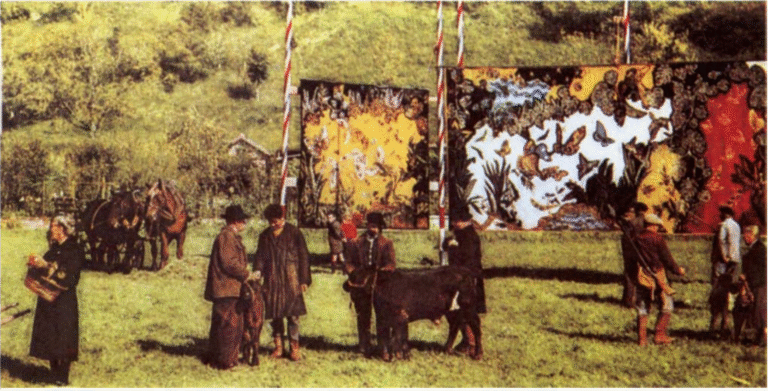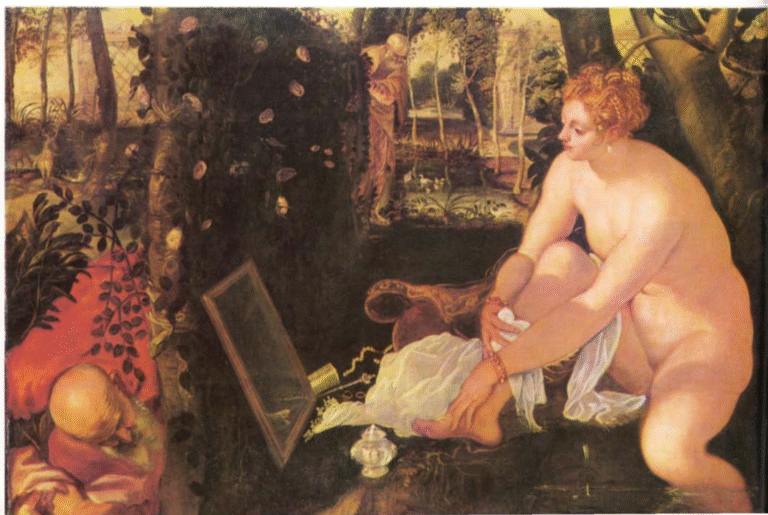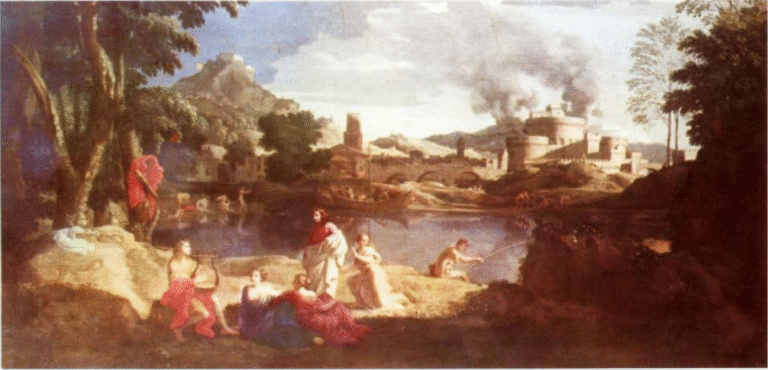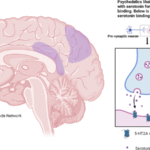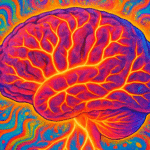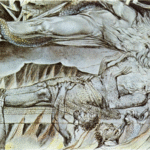“But the answer is obvious: it is easy to believe one is sovereign when alone, to believe oneself strong when carefully refusing to bear any burden.”
In this digital age, where labels are increasingly common due to the rise of our online presence, many in this generation are exhausted by the struggle to fit into these labels. An identity crisis has gradually taken hold of our collective psyche. Social media platforms are designed to promote homophily, leading to various versions of ourselves being seen by our followers. There are moments in our lives where we experience a psychological crisis, watching as all our different personalities come tumbling down before our eyes. We often look in the mirror and find it hard to recognise our own image. In trying to mould ourselves into someone who fits the expectations of social media algorithms, we lose touch with our authentic selves.
We spend years trying to become more likeable for our followers, more efficient in our professional lives, stronger in our social circles, and more independent in our personal lives. Yet, we may forget which aspects of our personalities truly resonate with our core being. Beneath the polished exterior, a softer voice whispers, “Who am I when no one is watching?” We often morph into something we are not to fit into the algorithms of these social media platforms, losing sight of our true selves. This identity crisis can creep into our lives at any moment. However, as Simone de Beauvoir reminds us, identity is not something we are born with; it is something we create.
The Freedom to Become
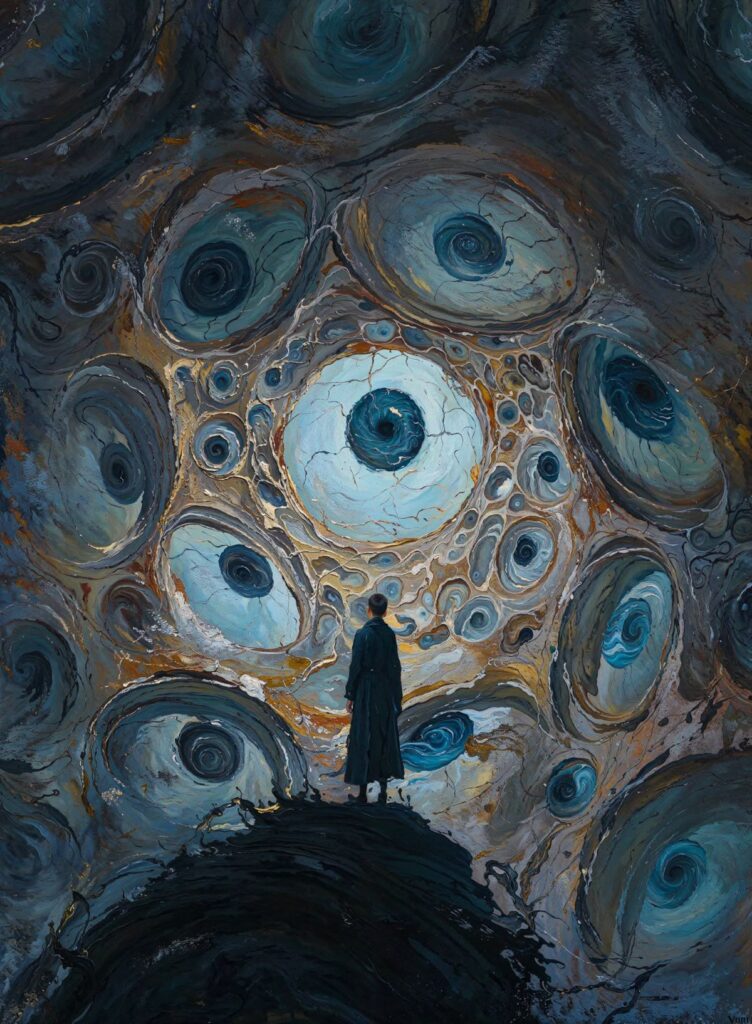
Simone de Beauvoir, the French existentialist philosopher, spent her entire life navigating the tensions between the freedom of choosing her personality and selecting her identity in society. The radical thoughts that formed the basis of her works were all too confronting for the time in which she inhabited European society. She struggled throughout her life with identity, gender, class and her role in society throughout her life, which is evident in her works through The Second Sex, The Ethics of Ambiguity, and her memoirs exploring freedom, identity, and womanhood. Her revolutionary claim: “One is not born, but rather becomes, a woman,” became the theme for the modern feminist movements.
For her, these questions were not just about gender but about existence itself; her struggle as a woman to find a place in society and the academic world was the cornerstone for the existentialist philosophy. Beauvoir extended the existential idea that existence precedes essence: we are not defined by nature, destiny, or roles- we are not born with a fixed meaning; we give meaning through how we live. In that sense, we are all artists of our own becoming.
The Ethics of Ambiguity
Simone believed life to be full of ambiguity and duality in its very fabric. She wrote that we seek individualism but strive our best to fit in society; we are creators of our own lives, but we depend on people and circumstances around us to complete any task. Life is full of contradictions and ambiguity, but we have to accept it as it is and work our way through these tensions to achieve authenticity. She also stressed that life is a journey, not a destination- we are becoming with every decision, every direction we take in our lives, we are always growing and becoming a new person all over again throughout our lives.
True freedom doesn’t exist in isolation — it flourishes in responsibility. To become yourself means to act in ways that also respect the becoming of others. In this way, Beauvoir’s philosophy transforms freedom from a selfish pursuit into an ethical practice. In psychological terms, this echoes the balance between autonomy and attachment.
We grow into wholeness not by cutting ourselves off from others, but by relating from a place of authenticity rather than fear.
Freedom as a Daily Practice
Freedom, according to Simone, lies in taking responsibility and ownership of our lives rather than rebellion. Any act of rebellion limits our thoughts and decisions to conform to our situation by blocking our minds into limited regions of agency, hindering the acceptance of the full picture of the situation. Rather, she stressed being compassionate and considered the whole picture of the situation to assess the full picture of the citation, ignoring the biases set in our thought processes. She believed that every small conscious decision forces us to leave the comfort zone that our minds have set to protect their current state and transcend into a space of curiosity about the situation at hand.
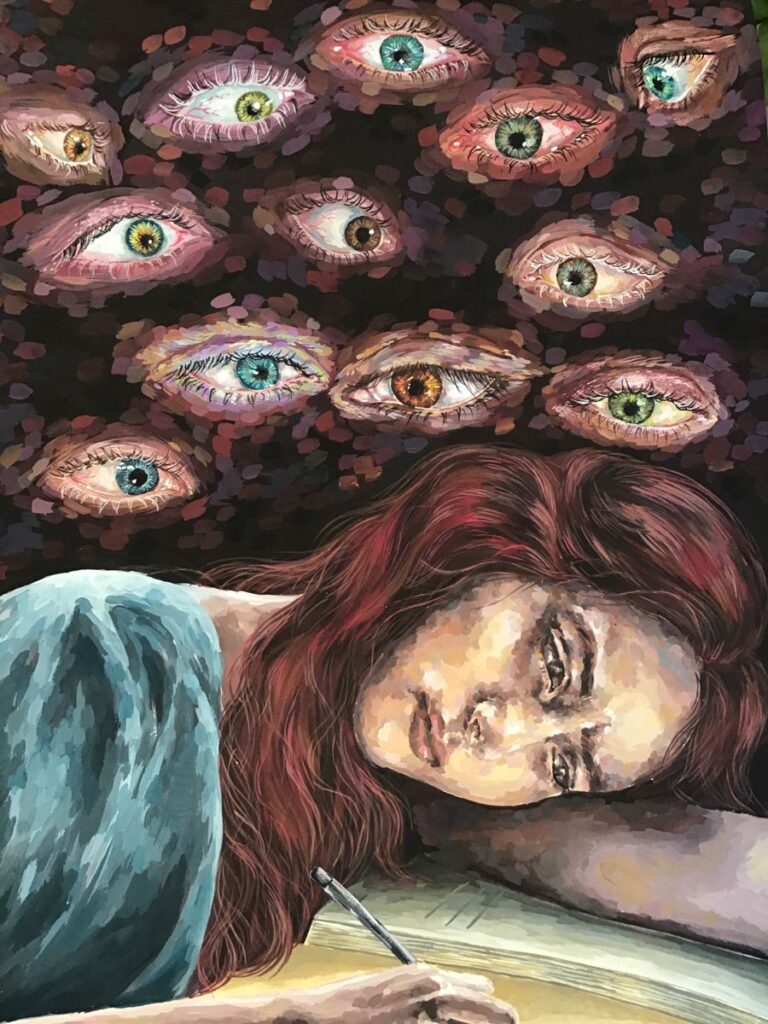
Life is full of small projects that set out the meaning of our lives and define the direction for major changes in our lives. Simone believed in making small strides in the development of our psyche into a bigger and better state of mind, which would not hinder the development of our personality. You don’t need to change the world to create meaning. You only need to live with awareness — to make choices that align with your truth rather than expectation. Each time you speak honestly, pursue what you love, or step into the unknown, you shape your own existence.
“Change your life today. Don’t gamble on the future; act now, without delay.”
In therapy, this mirrors the process of empowerment — reclaiming authorship of your own story.
Healing is not about becoming who you were before the wound; it’s about becoming someone new because of it.
Becoming Ourselves
Becoming your true self is not a destination to reach but an ongoing journey — a lifelong conversation between who you are in this moment and who you have the potential to become. Throughout this journey, you’ll encounter fear, doubt, and contradiction; these experiences are not obstacles but integral parts of life’s rich tapestry. Embracing this ambiguity is what makes the journey beautiful and meaningful. Each new day presents us with a gentle invitation to start afresh — to express ourselves honestly, love with courage, act with freedom, and live with intention. This is the leap of faith that Simone de Beauvoir urges us to embrace: not a leap into absolute certainty, but a brave step into authenticity.
“Freedom is the power to choose oneself — and in choosing, to affirm the world,” she reminds us, emphasising that our choices not only shape who we are but also reflect our values and beliefs.
In today’s world, the modern soul is not drifting aimlessly; rather, it is evolving and adapting amidst the complexities of existence. In a time filled with overwhelming noise, cultivating awareness becomes a powerful form of rebellion against the status quo. When conformity feels like the norm, embracing authenticity becomes an act of remarkable courage. Furthermore, in an era where despair can loom large, the act of creating meaning in our lives transforms into a profound expression of hope and resilience.
To be human means to navigate this landscape of uncertainty — to experience suffering, to forge connections through love, to marvel at the wonders around us, and to persevere on our paths. Meaning is not merely a goal waiting for us at the end of our journey; rather, it is woven into the very fabric of the journey itself. Healing occurs when we take a moment to stop fleeing from our true selves and instead choose to walk this path with intention and presence.
Reflection
Simone de Beauvoir teaches us some of the most important life lessons, guiding us toward a more thoughtful existence. She was born at a time when independent thinking among women was not readily accepted, forcing her to fight for her own place in a society that often viewed her as merely a reflection of her male counterparts. Her contributions to the development of existentialism highlight these struggles, emphasising the need to find meaning in our lives and to seek fulfilment through that meaning, rather than conforming to the herd mentality of an orderly society. She underscored the importance of having faith in the ambiguities of life and embracing the journey of personal growth.
Ask yourself:
“If I am always becoming — who am I choosing to become today?”
Because perhaps the ultimate meaning of life is not something we find at all — but something we become.

